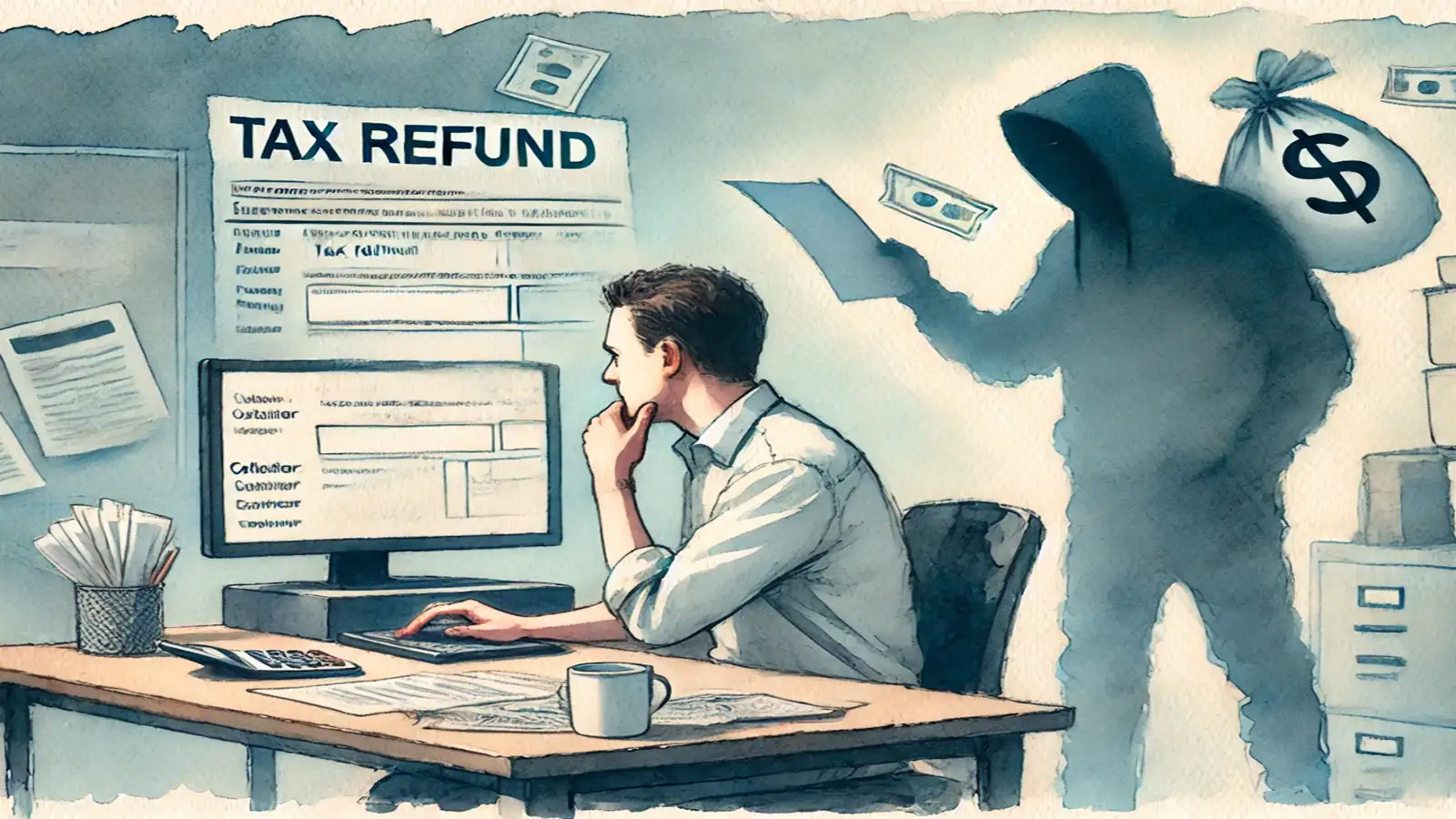Introduction: The Digital Nomad Lifestyle Comes with Tax Headaches
The romanticized version of being a digital nomad is all about sipping coconut water on a Bali beach or working from a rooftop café in Lisbon. But behind those Instagram-worthy shots lies a more complex reality: taxes.
If you’re a US citizen or resident working remotely across borders, you can’t just “forget” about Uncle Sam. The US has one of the few tax systems in the world that taxes you based on citizenship, not just where you live. This means even if you’re living abroad full-time, the IRS expects to hear from you.
That said, there are legal, ethical ways to significantly reduce or even eliminate your US tax liability—and this guide will break them down step-by-step.
1. Understanding Your Tax Obligations as a US Digital Nomad
The US Citizenship-Based Taxation System
Unlike most countries, the US taxes its citizens on worldwide income. Even if you haven’t stepped foot in the US all year, you must file your tax return and potentially pay taxes on your earnings.
Self-Employment Taxes Still Apply
If you run your own online business or freelance, the 15.3% self-employment tax (Social Security + Medicare) can sting. Unless you take strategic steps, you’ll owe this on top of income tax.
Double Taxation Risks
If you live in another country for part or all of the year, you may also owe taxes there. Thankfully, tax treaties and credits can help avoid being taxed twice.
Key takeaway:
Your first step is to understand exactly what the IRS requires before making any tax-saving moves.

2. The Foreign Earned Income Exclusion (FEIE)
What is FEIE?
The FEIE allows qualifying US expats to exclude up to $126,500 (2024 figure, adjusted annually) of foreign-earned income from US taxation.
Who Qualifies?
There are two tests:
- Physical Presence Test – You must be physically outside the US for 330 full days in a 12-month period.
- Bona Fide Residence Test – You must establish residency in a foreign country for an uninterrupted period that includes an entire tax year.
Limitations
- FEIE applies only to earned income (salary, freelance work, etc.), not passive income like dividends or rental income.
- You may still owe self-employment taxes unless you structure your business correctly (more on that later).
Example:
If you make $100,000 from freelance work while living in Spain for the entire year, you can exclude it from US federal income tax if you qualify for FEIE.
3. The Foreign Tax Credit (FTC)
Why FTC is Important
If you pay taxes in your country of residence, you can use the FTC to offset your US tax liability.
Best Use Cases
FTC is often more beneficial than FEIE for high earners because it has no upper limit—if the foreign tax rate is high enough, you could owe $0 to the IRS.
Pro Tip:
Some nomads combine FEIE for part of their income and FTC for the rest to maximize savings.

4. Using Tax-Friendly States (or No State Taxes at All)
If you keep ties to a US state, you may still owe state taxes. States like California, New York, and Virginia are aggressive about claiming you as a resident.
Solution:
- Sever ties with high-tax states before going nomadic.
- Establish residency in a no-income-tax state like Florida, Texas, Nevada, or Wyoming.
5. Setting Up the Right Business Structure
One of the biggest mistakes US digital nomads make is operating as sole proprietors. This leaves you exposed to:
- Full self-employment tax
- Less control over income distribution
- Higher audit risk
Better Options:
Foreign Corporation
By incorporating in a foreign country, you may defer US taxation on retained earnings (subject to CFC rules). This works best if:
- You earn significantly more than you spend annually.
- You operate from a stable jurisdiction.
US LLC + S-Corp Election
If you still want a US structure, an S-Corp can save thousands in self-employment taxes by paying yourself a “reasonable salary” and taking the rest as distributions.
6. Leveraging Deductions and Business Expenses
The beauty of being a digital nomad is that many of your lifestyle costs can become legitimate business expenses—if they’re ordinary and necessary for your work.
Examples:
- Co-working memberships
- Business travel (flights, trains, ferries)
- Internet and phone plans
- Equipment like laptops, cameras, or software subscriptions
Warning: Don’t push the limits—claiming a surfboard as “office equipment” might not fly with the IRS.

7. Leveraging Tax Treaties
The US has tax treaties with dozens of countries that may help reduce your liability. These treaties cover:
- Which country has the first right to tax certain income
- Reduced rates on dividends, royalties, and interest
- Rules for pension taxation
Pro Tip: Treaties vary widely. Always check the specific treaty for the country you’re living in.
8. Retirement Contributions for Digital Nomads
Even if you’re abroad, you can still contribute to US retirement accounts:
- Traditional IRA – May be deductible if you don’t use FEIE.
- Solo 401(k) – Great for self-employed nomads earning high income.
- Roth IRA – Post-tax contributions; growth is tax-free.
These accounts can lower your taxable income now or in the future.
9. Second Residency and Offshore Tax Strategies
Some nomads take their tax savings to the next level by:
- Getting a second residency in a tax-friendly country.
- Setting up offshore companies in jurisdictions with no corporate tax.
- Banking in countries with strong privacy laws.
Example:
Dubai (UAE) offers 0% personal income tax, residency through company setup, and strategic location for travel.

10. Common Mistakes Digital Nomads Make with Taxes
- Not filing at all – This can lead to massive penalties.
- Relying on outdated advice – Tax laws change every year.
- Not keeping records – You need proof of travel days, expenses, and income sources.
- Mixing personal and business finances – Always keep them separate.
11. Step-by-Step Tax Strategy for a US Digital Nomad
- Determine your country (or countries) of residence.
- Sever tax ties with any high-tax US state.
- Decide if FEIE, FTC, or a combination works best for you.
- Choose the right business structure (US or foreign).
- Keep meticulous records and receipts.
- Work with an expat tax professional who understands nomad issues.
Conclusion: You Can Live the Nomad Dream Without the Tax Nightmare
Being a US digital nomad comes with unique tax challenges, but it also offers unique opportunities. With the right mix of FEIE, FTC, strategic business structures, and proper residency planning, you can keep more of what you earn—legally and stress-free.







